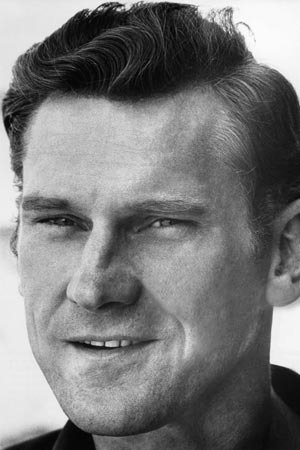
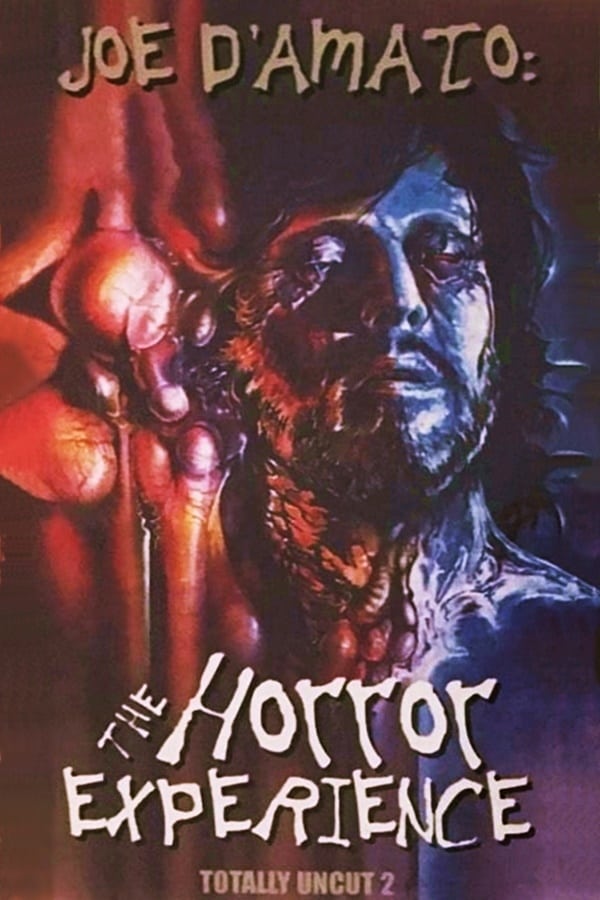
Documentary on various horror movies that Joe D'Amato directed and/or produced in the 1970's, 1980's, and early 1990's.
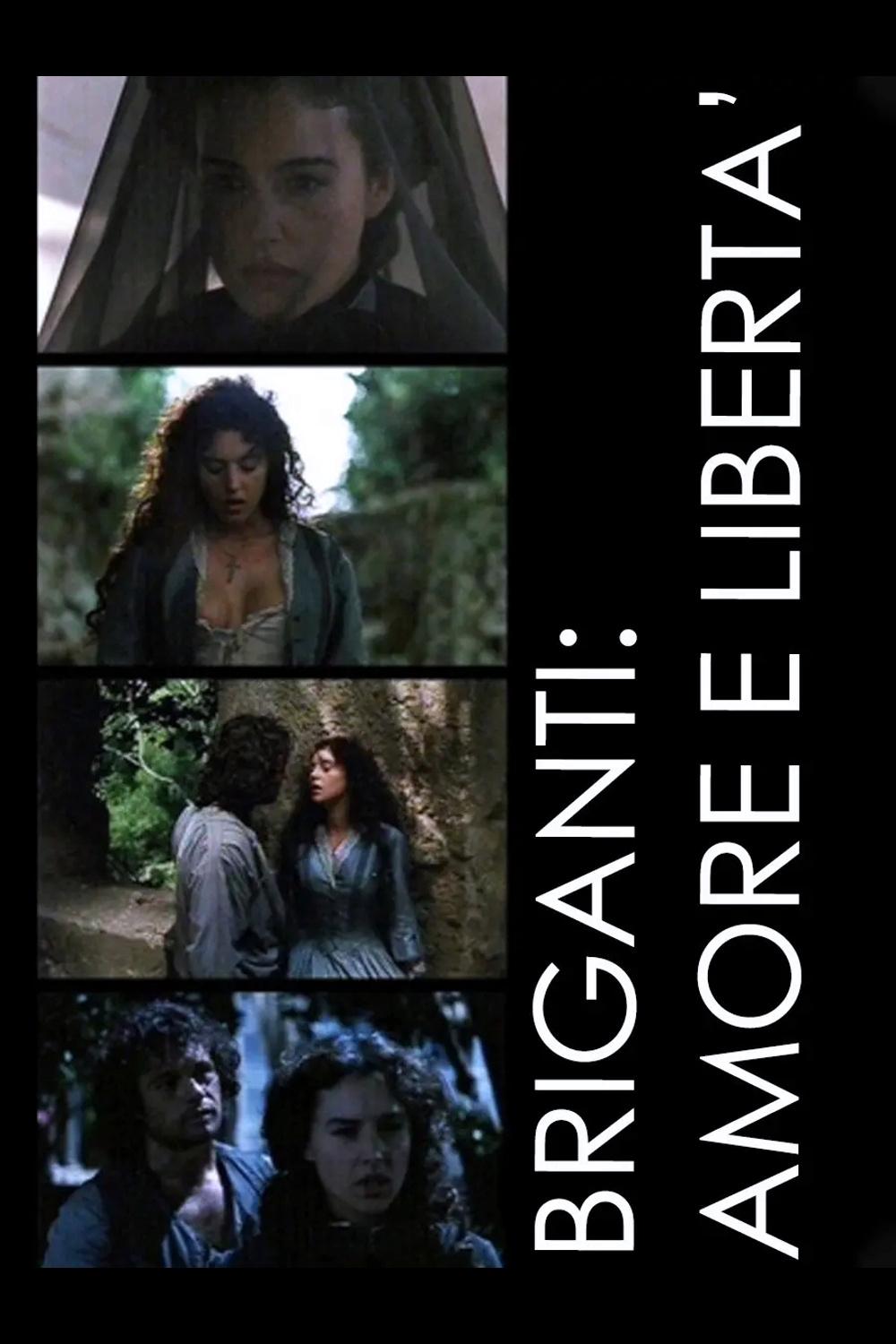
In 1838 in the kingdom of Naples and the Two Sicilies, Malacarne, gamekeeper of Baron San Germano, kills the bandit Caruso, whose widow gives birth to Giovanni and at the same time becomes the nurse of Costanza, San Germano’s orphaned daughter. Thirteen years later, Giovanni and Costanza fall in love to the jealousy of her uncle, who shuts her in a convent, ordering Giovanni to be killed by Malacarne who has meanwhile become a bandit. Barely alive, Giovanni is taken away by Bourbon soldiers. After Garibaldi’s arrival in Sicily and its union with Italy, Costanza is freed from the convent and returns to San Germano. She is visited by Giovanni and although still loves him, rejects him since she wishes to become a nun. In the meantime, Giovanni kills Malacarne and takes his place. Costanza marries the rich Lo Turco and the next day departs for Naples, but during the journey the carriage is attacked by Giovanni’s band. Costanza flees with him and they leave for America.
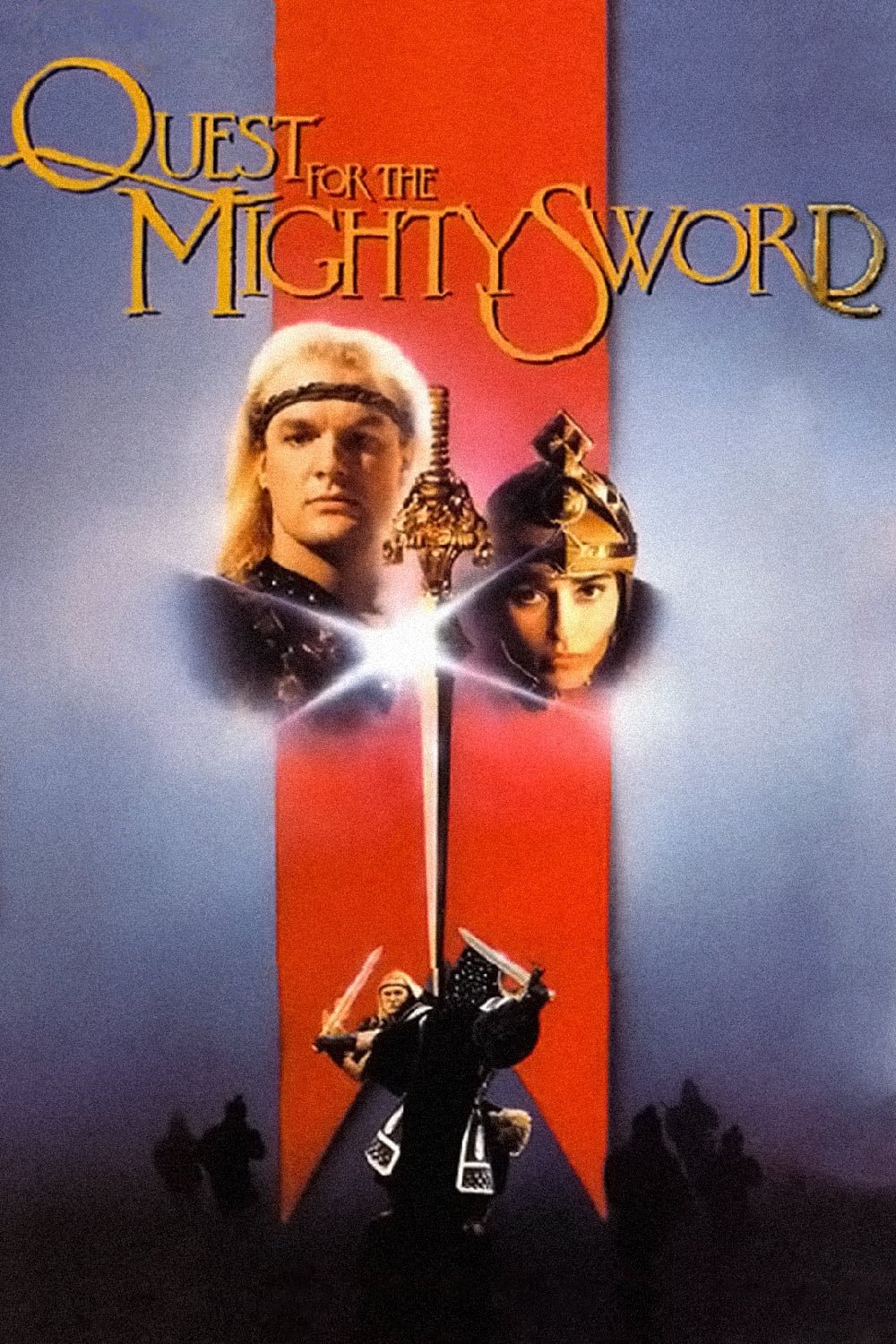
Once upon a time a god gave a mighty sword to the king of Aquiles to bring justice to his people. Now he wants it back - but the king rather gives his life than the sword. Goddess Dehamira, who spoke for him, is being taken all her privileges and banned in a circle of fire, until a human arrives who's strong enough to free her. When prince Ator becomes 18, he gets the sword from the mean sorcerer gnome Grindl, to free Dehamira and his people. On his journey he has to fight against dragons and other fantastic figures.
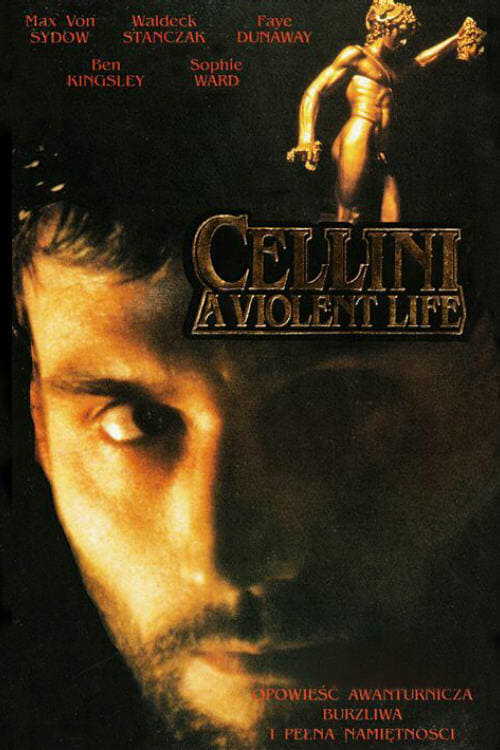
The story of Benvenuto Cellinin (1500-1571), a soldier and one of the most important craftsmen and artists of Renaissance Italy whose life was marked by many achievements and adventures, but also crimes. There is also the mini-series version consisted of three 90 minutes episodes, broadcasted by RaiDue.
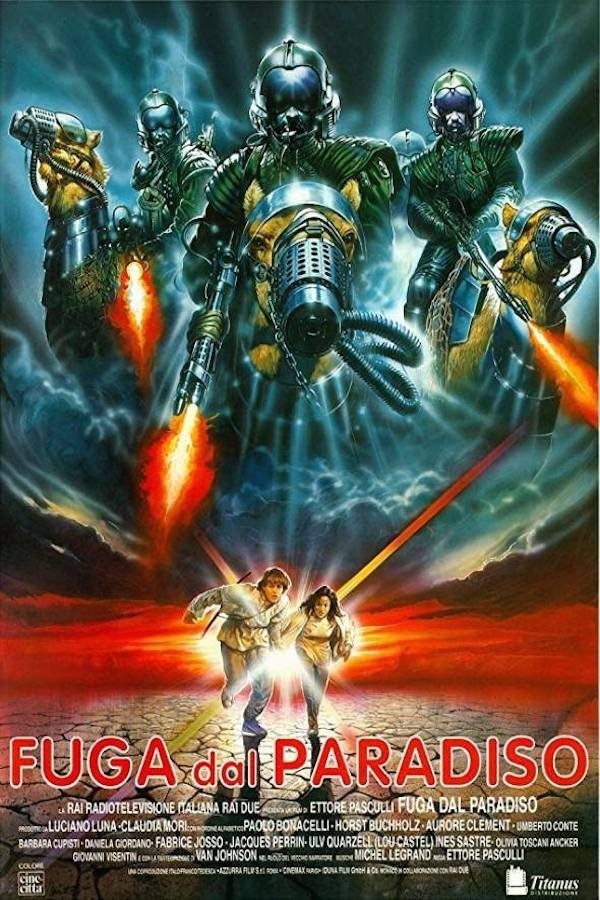
In a futuristic society, an old man tells the legend of a strange medal to two children. In flashback, we learn that after a nuclear catastrophe, two teenagers were living in an artificial paradise, maintained by electronic means, and once decide to leave that shelter and escape using that same medal - a mini video-disc - in search of outer-space freedom.
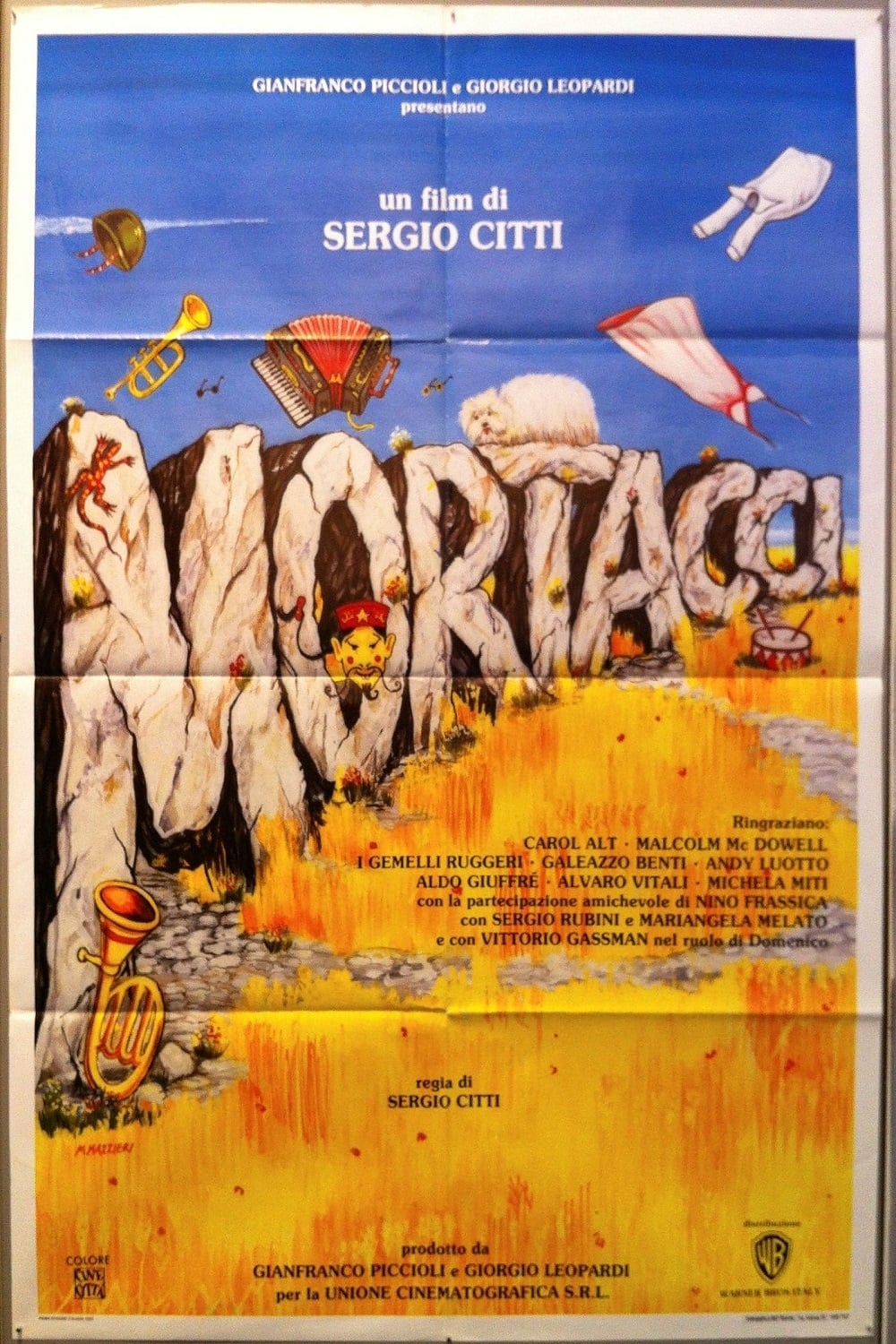
Before finally entering the afterlife, the dead spend a period in a limbo from which they depart only when, among the living, there is no one who remembers them. Under the care of the salacious Domenico the visitors of a small cemetery recount how they arrived at eternal peace.
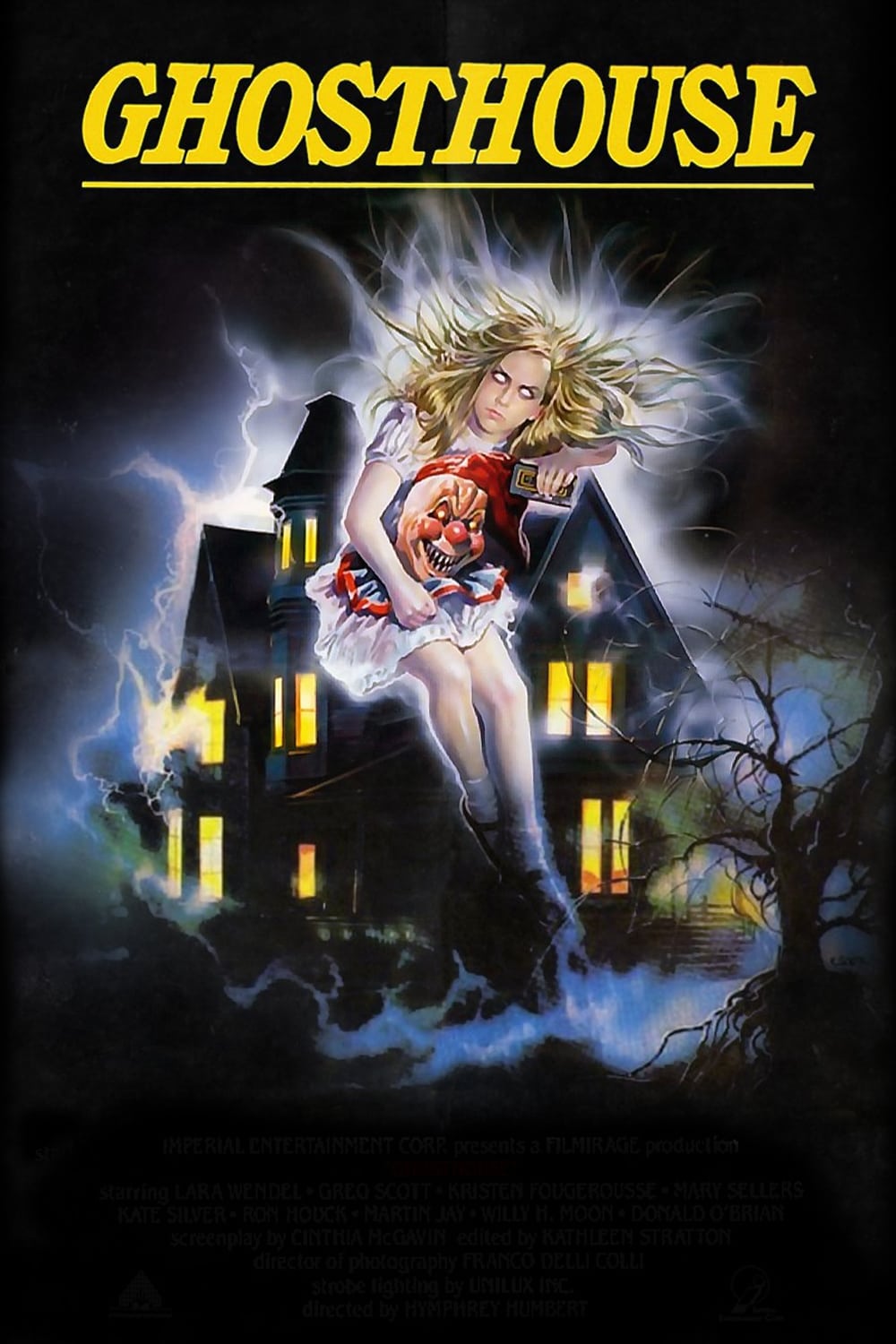
A group of unlikely companions receive a radio call leading to a deserted house with a grisly past.
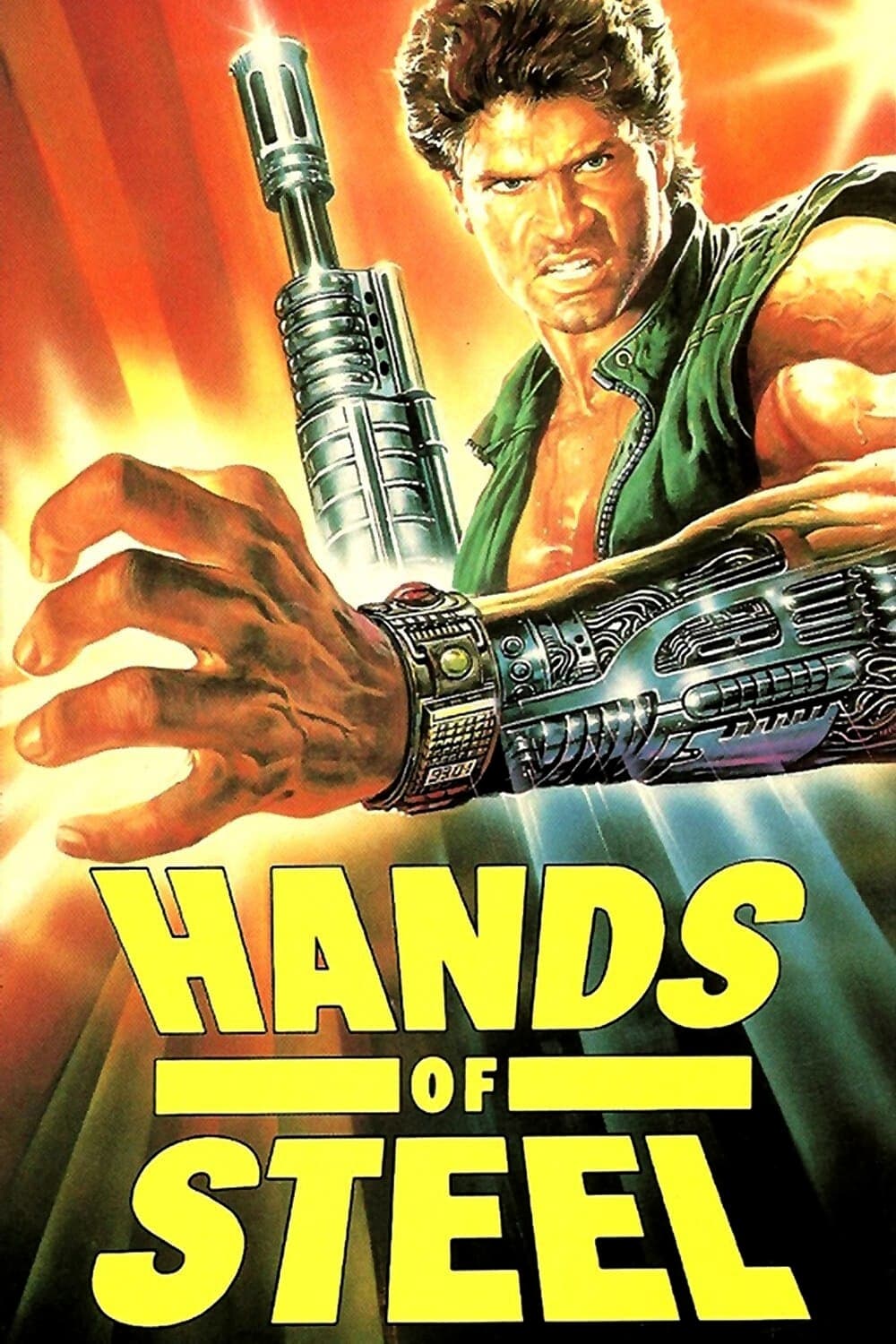
A story about a cyborg who is programmed to kill a scientist who holds the fate of mankind in his hands.
Donal "Donald" O'Brien (September 15, 1930) is a French-born Irish film and television actor. In his near 40-year career, O'Brien appeared in dozens of stage performances and in more than 60 film and television productions. O'Brien was born in Pau, Pyrénées-Atlantiques, raised in both Northern France and Dublin, Ireland with his family, and made his feature film debut in 1953 with Anatole Litvak's war drama Act of Love. He studied acting in Dublin and initially joined the Gate Theatre at age 19 before making the transition to film several years later. O'Brien's performance in The Train (1964), in which he played an SSFeldwebel, led to his first breakout role in Grand Prix (1966) starring alongside James Garner and Eva Marie Saint.
By browsing this website, you accept our cookies policy.